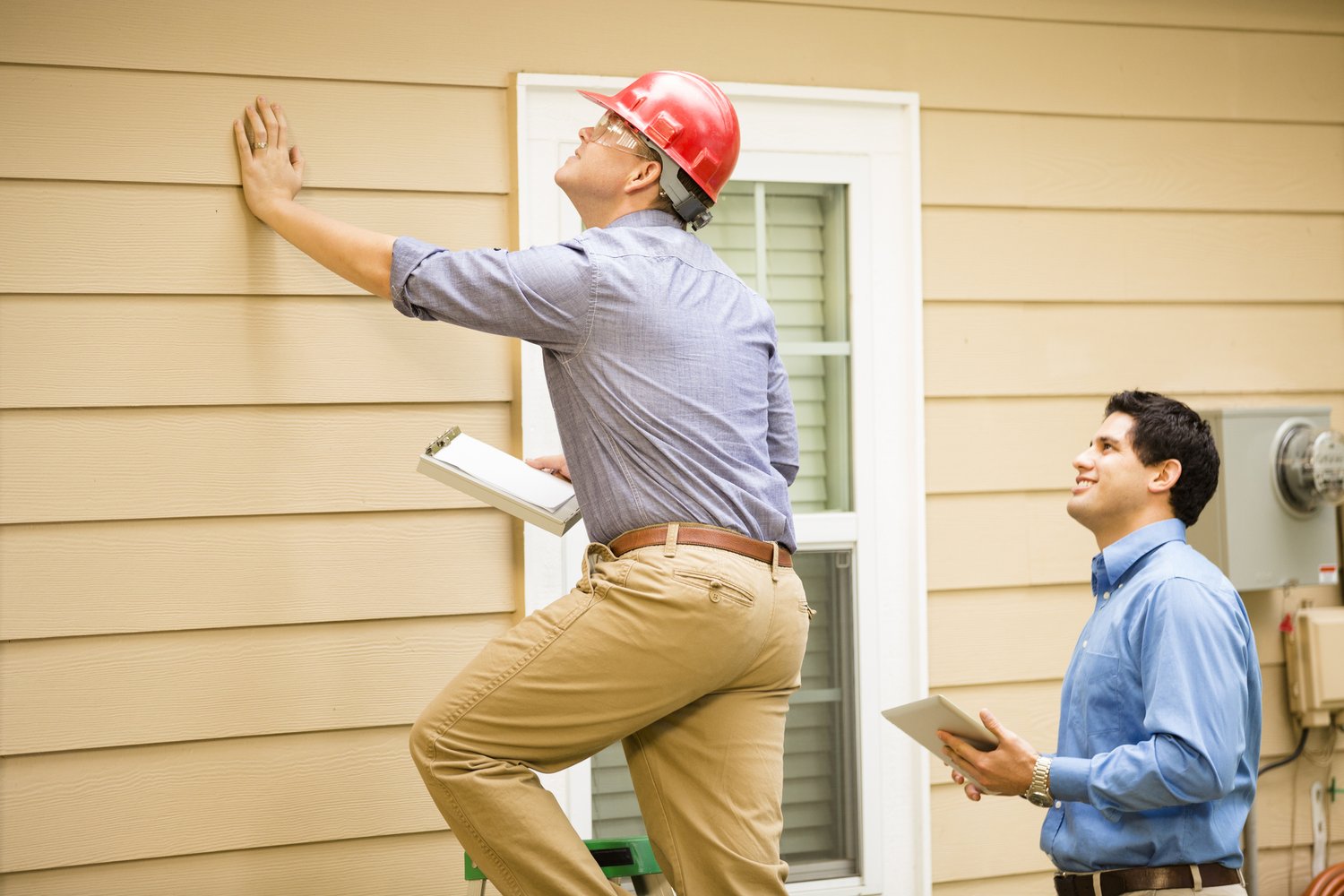Home insurance is meant to provide you (and, let’s be real: your lender) with peace of mind. Your insurance policy ensures that your valuable investment is protected in case of unexpected events.
However, not all insurance providers, agents and even policyholders operate with honesty and integrity. Unfortunately, there are unscrupulous individuals and organizations that engage in home insurance scams or insurance fraud, leaving homeowners vulnerable and financially devastated.
In this article, we will explore some of the worst home insurance scams that homeowners should be aware of to protect themselves from falling victim to these deceitful practices.




